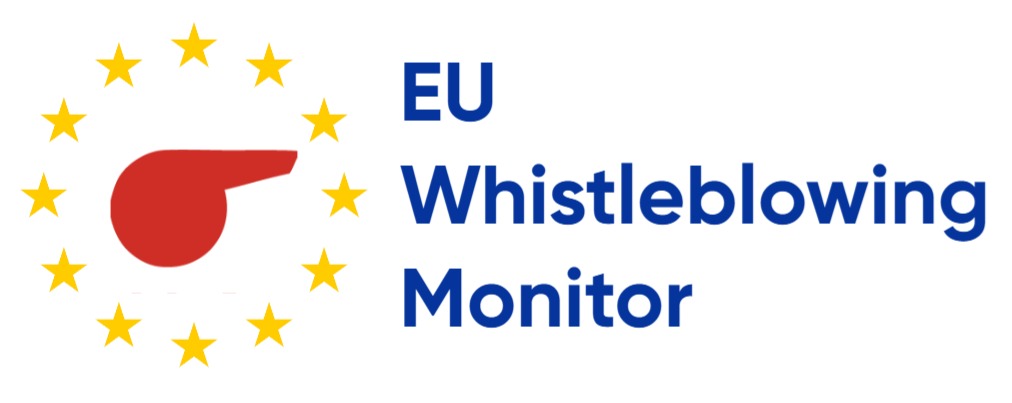Source: N/A
A draft law to transpose the EU Directive on Whistleblowing (EU Dir 2019/1937) along with a rationale and a regulatory impact assessment has been published by the Ministry of Family and Social Policy, as of the 18 October 2021.
Early analysis on the Bill shows that the proposal largely reflects the key principles of the Directive; including:
– Upholding the whistleblower’s freedom of choice to report internally or externally of the employer as well as to publicly disclose information
– Including broad scope of protection measures against employer’s retaliation, unfair treatment or legal harassment; termination of the employment contract as a consequence of reporting the violation will be unlawful.
However, the proposed approach of the draft law to protect only reports of the same category of information on breaches as required by the Directive, despite the EU Commissions recommendation to Member States to take a ‘horizontal approach’ which beyond the minimum requirements of the legal text to include breaches of national law and other wrongdoing. The Polish law would not cover persons who report irregularities on the basis of separate rules, for example, related to the social duty to report criminal offences to law enforcement agencies. This minimal or ‘verbatim’ approach has been criticised by legal experts in Europe and other member states, such as Denmark have taken a more progressive, expansive approach.
External reports are proposed to be collected and distributed to relevant public bodies by the Polish Ombudsman. The list of relevant public bodies remains yet unknown, with exception of The Office of Competition and Consumer Protection which should deal with risks for competition protection law.
The draft law recognises the employer’s commitment to consult on the establishment of mandatory internal whistleblowing systems with trade unions or other employees’ representation before its implementation.
The most controversial part of the draft law concerns potential sanctions. The head of an organization may be penalized for not respecting a duty to have an internal whistleblowing channel by fines or up to 3 years imprisonment.
This has raised concerns given the very short timeframe of just 14 days to implement new responsibilities by all public and any private entities with more than 49 employees (Businesses between 50 and 249 employees are granted two extra years to fulfil this duty.) Such a short length of time would be problematic given the need to consult trade unions.
Persons who report false information are also at risk of financial sanctions and imprisonment. This provision appears however to be incoherent with a key principle of the Directive which is that a whistleblower should not be penalised for having made an honest mistake so long as they held a reasonable belief in the truth of the information.
Public consultation on the draft law is now underway with opinions required to be submitted before 17 of November, just one month before the 17 December 2021 deadline for the Directive to be fully transposed into all 27 Member States national legal systems.
Anti-corruption NGO Stefan Batory Foundation who campaign for better protection of Whistleblowers in Poland is expected to publish a statement on the government’s approach soon.
